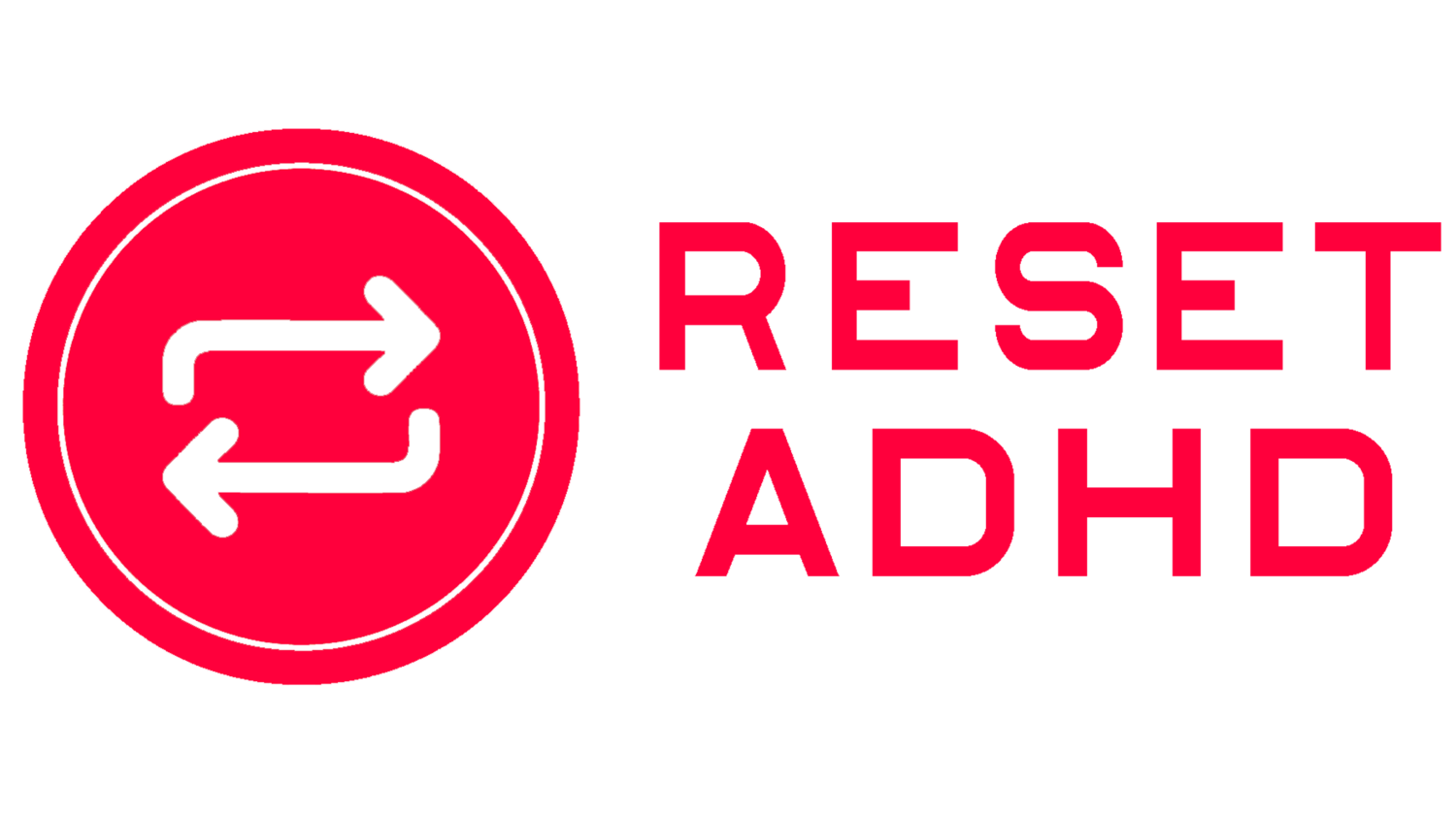The ADHD Brain's Need to Have Fun
“It is not only possible to say a great deal in praise of play; it is really possible to say the highest things in praise of it. It might reasonably be maintained that the true object of all human life is play. Earth is a task garden; heaven is a playground.”
ADHDers are often told to work harder. Yes, it is important to have a strong work ethic, but it is also important to play hard as well. My grandfather once advised me, "Alex, whatever you want to do in life, work hard to get there, but also, take the time along the way to play hard, as well." This is a lesson I have never forgotten. Years later, I heard something similar while studying ADHD. The ADHD mind needs time every day for some unstructured fun. Play, which Dr. Edward Hallowell defines as "any activity in which your brain lights up and you get imaginatively involved," is not only necessary, but also can help one be more productive and learn more about oneself.
The Necessity of Breaks
In order to be as productive as possible, the ADHD brain needs frequent breaks. This allows the ADHDer to briefly do something fun and to stop stressing about the work they are doing. Additionally, because the ADHD brain has to worker harder to stay on task than a neurotypical brain, it will get tired sooner than a neurotypical brain. Thus, frequent breaks often provide the necessary stamina to finish a task.
Not Having Fun Sucks
Let's be real here. One of the biggest reasons we need to have fun is that not having fun is dreadful. In the first course of my ADHD coach training program, the instructor said that boredom is physically painful to those with ADHD. I can believe that. I don't necessarily feel boredom as an actual pain, but I can see how other ADHDers might feel that. I abhor boredom! If I don't enjoy doing something, I don't want to do it. As I write these words, my mind is thinking about all of the unfun things I do not want to do. For example, my dishwasher needs to be unloaded. I can allow myself to avoid doing because, right now, I am working, but later, I will need to get it done. I don't want to do it; it's not fun.
Making Boring Tasks Fun Can Help Productivity
The ADHD brain does not want to work when it is not genuinely interested in something. One way to help you get the boring stuff done is to make those tasks fun. Find a way to make to make the mundane entertaining. For example, when I do eventually force myself to unload the dishwasher, I do so while watching Netflix or YouTube. I need to make it fun or it won't get done.
Play Helps Us Learn about Ourselves
I have previously written about the importance of self-awareness and self-discovery. One way to engage in that process is through play. Through play, a child can easily learn what he/she is good at doing. Similarly, as adults, we can engage in play and by paying attention to what comes naturally and what we do well, we can learn about our strengths. Furthermore, by trying different types of play, both children and adults can discover what they enjoy and find new fun activities. This can help an individual find a job they will actually enjoy and avoid feeling stuck in a job they have to suffer through each and every day.
Play Often Involves Exercise
Yes, mental play (puzzles, music, bouncing ideas around in one's head, etc.) will help an ADHD brain meet its fun quota, but when an ADHDer can engage in play that is physical, it unlocks the benefits of exercise, namely a boost in focus, the release of chemicals that produce a happy sensation, and stress relief. This is why I do Extreme Puzzle. That is an activity that allows my brain to play and provides physical exercise.
Today's Reset ADHD Challenge:
Play!
“We are never more fully alive, more completely ourselves, or more deeply engrossed in anything than when we are playing”

